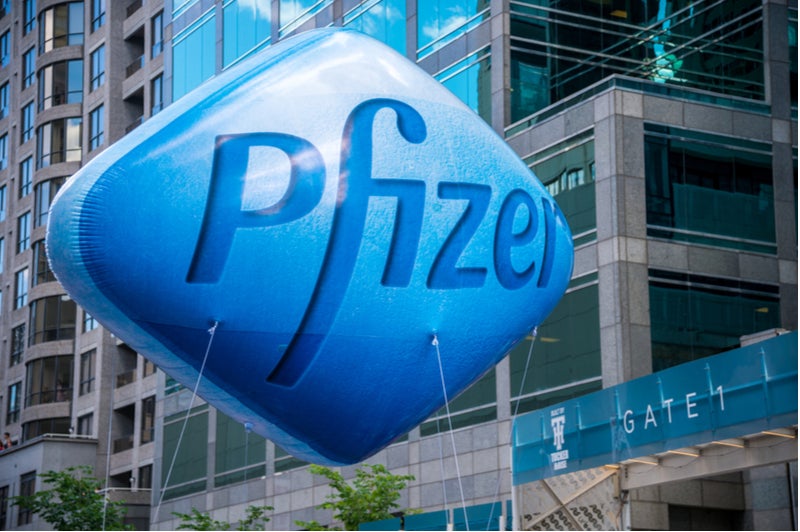US drug company Merck and Co Inc. released Phase II trial results on 8 May for its investigational 15-valent conjugate pneumococcal vaccine, V114, which showed overall non-inferiority to Pfizer’s current blockbuster pneumococcal vaccine, Prevnar 13 (PCV13), in healthy infants between 6–12 weeks of age.
Pneumococcal vaccine 2019
Demonstration by Merck’s V114 of non-inferiority across all 13 serotypes covered by PCV13 ― as well as strong immune responses for the additional two serotypes, 22F and 33F ― means that Pfizer will likely face tough competition to retain the high revenue and market share it has thus far enjoyed in the pneumococcal conjugate vaccines space.
The study met its primary endpoint, the percentage of participants achieving serotype-specific pneumococcal immunoglobulin G (IgG) antibody threshold of greater than or equal to 0.35mcg/mL for the 13 serotypes V114 shares with PCV13. V114 was found to be non-inferior to PCV13 for all serotypes; however, for serotype 3, 96% of those receiving V114 achieved the threshold immune response compared to only 78% for PCV13. The additional serotype coverage boasted by Merck’s V114 also provided strong immune responses, with 98% and 87% of participants reaching the immune threshold for 22F and 33F, respectively.
Providing protection against additional pneumococcal serotypes 22F and 33F provides V114 a firm advantage over PCV13, particularly for infant immunisations.
According to the European Centre for Disease Prevention and Control, from 2011–2014, serotype 33F was responsible for causing 7.3% of confirmed infant pneumococcal cases. Primary research conducted by GlobalData identified that improving the serotype coverage of conjugate vaccines, specifically to include highly prevalent strains, was the greatest unmet need in pneumococcal prophylaxis. Therefore by providing additional serotype coverage, Merck’s V114 vaccine would be preferential to PCV13 and could lead to a significant further reduction in pediatric invasive pneumococcal disease (IPD).
The pediatric pneumococcal vaccine market is exceptionally lucrative, with PCV13 achieving global sales of $5.8 billion in 2018; therefore Pfizer stands to lose substantial income if V114 can garner a large market share. Pfizer does, however, have its own pipeline pneumococcal conjugate vaccine in development, the 20-valent vaccine 20vPnC. In addition to the 15 serotypes covered by V114, 20vPnC also provides protection against five other serotypes, which importantly includes 10A, a serotype responsible for causing 7.9% of infant IPD.

US Tariffs are shifting - will you react or anticipate?
Don’t let policy changes catch you off guard. Stay proactive with real-time data and expert analysis.
By GlobalDataThe pneumococcal vaccines market is expected to undergo rapid change over the next decade with PCV13 being supplanted by V114 and 20vPnC. GlobalData expects that fierce competition between 20vPnC and V114 will mean neither Pfizer nor Merck will achieve the ultra-high revenues that Pfizer has achieved with PCV13. The major difference between the commercial successes of Merck’s V114 and Pfizer’s 20vPnC could lie in any preferential Centers for Disease Control and Prevention (CDC) recommendation for pediatric immunisations, as V114 has received Breakthrough Therapy Designation for this population, while conversely, 20vPnC received the same designation for the less profitable adult population.
Forthcoming Report
GlobalData (2019). Pneumococcal Vaccines: Global Forecast and Market Analysis to 2028, to be published
GlobalData (2018). World Pneumonia Day 2018: Pfizer’s Future in the Pneumococcal Vaccines Space Looks Bright, November 2018, GDHC2111EI





